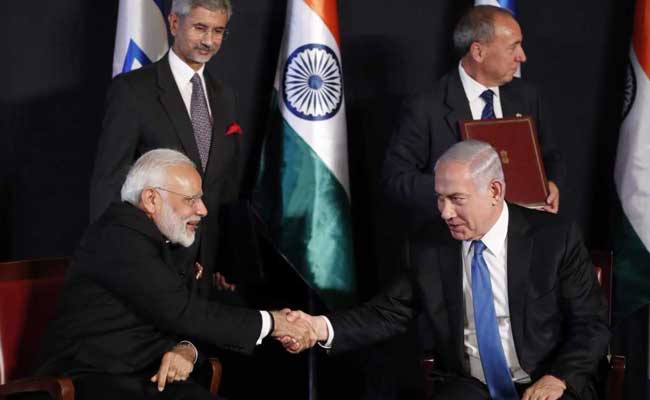Ronen Bergman, a reporter for The New York Times based in Israel, and his colleague, Mark Mazzetti returned to the Pegasus stage at the Indian political center stage because Wahyu in their story in the New York Times, published a few days ago.
The story is the result of a year’s investigation into the way the Israeli company is NSO, whose flagship product is Pegasus. Spyware – which is described by NYT as the most deadly cyberweapon in the world – has been used against journalists, politicians, lawyers, human rights defenders in various countries including in India, due to wire and other media organizations around the world reporting last year. Bergman and Mazzetti reporting has filled many empty and add a lot of new information.
The big takeaways of the story are:
First, that the US, although recently placed NSO on the sanctions list, truly playing by buying Pegasus and its variants a few years ago. In fact, NSO has installed a pegasus trial version with the Federal Investigation Bureau and more significantly, the FBI has also experimented with the use of Phantom, which is a Pegasus version that really allows smartphone interception in the US – something that the Pegasus system itself is not meant to be done.
In the fourth big revelation – and the biggest of India’s point of view – The New York Times stated for the first time in concrete mode by any media sold Pegasus to India in 2017 as part of the Indian government arms and Israel agreement.
The following is a full transcript of Siddharth Varadarajan interview with Ronen Bergman, edited a little for style and clarity.
So Americans are very interested in knowing that Pegasus is installed in New Jersey, Israelis is very interested in knowing that the MBS places a phone call to Netanyahu to renew the license. Of course India, [there] relationship, close personal relations between Indian and Israeli leaders who gave birth, I would say, a new generation of military spending and new Indian holder, including international public steps towards Israel.
Some of the specified details, this comes from a very sensitive, dealing with the source, and therefore I will be a little cagey in some detail, but as you say, we have worked for a year in 12 different countries, talking to intelligence officials , with leaders of law enforcement agencies, politicians, leaders, cyber experts, human rights activists, etc. And I think we are as close as possible with the full picture – if not the whole picture.
Now by your question, I will say, without – I need to check with how sensitive the actual number, but I will say it’s a few dozens of millions … from $ 2 billion, [purchase costs] Pegasus in terms of real numbers is not what is the majority Also, this, they are like far missiles, much more expensive.
